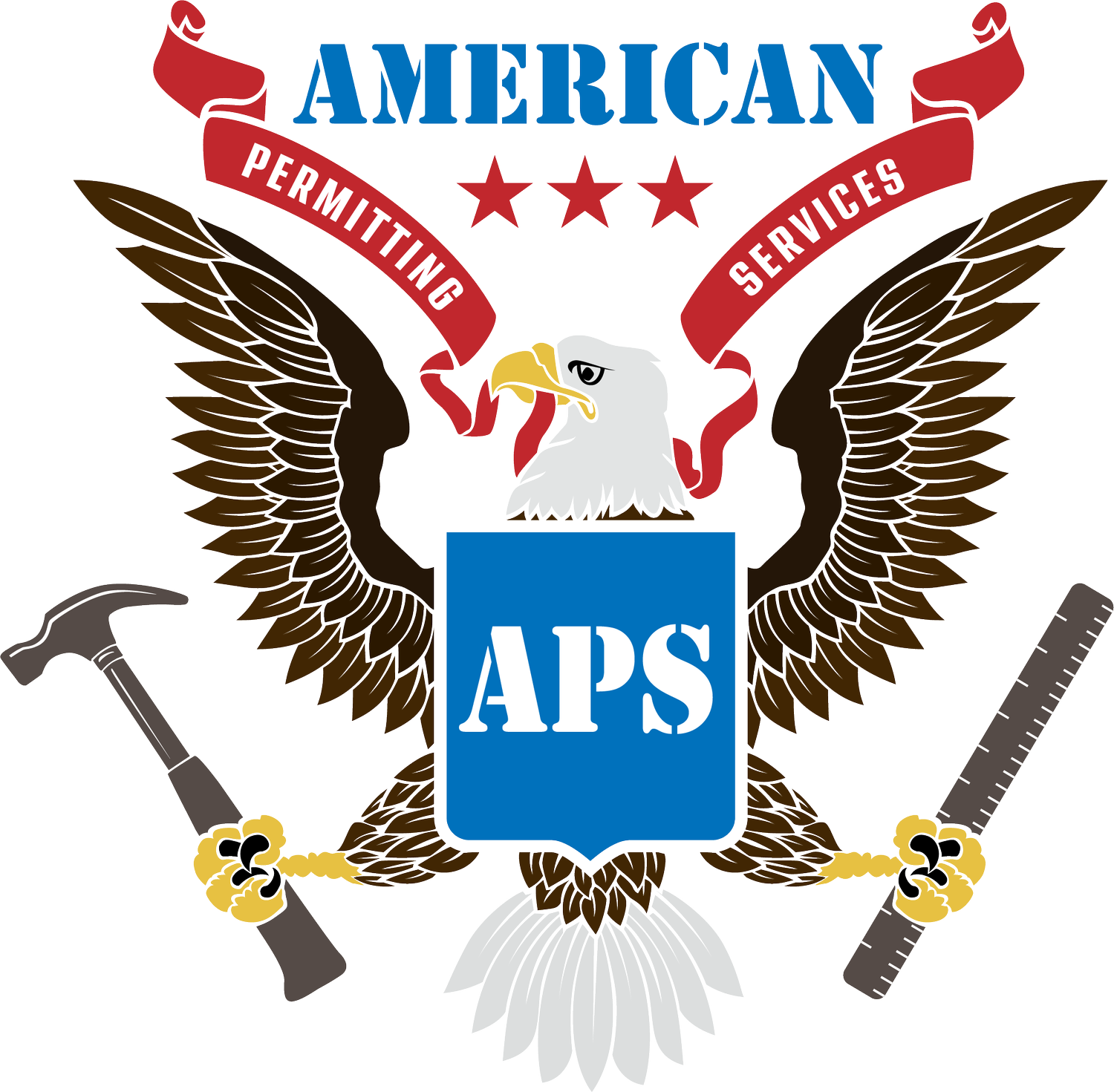Can Liens Be Negotiated? Here’s What Property Owners Should Know
Introduction
Discovering a lien on your property—especially from code violations or unpermitted work—can be overwhelming. Liens can stall property sales, reduce your home’s market value, and rack up daily fines if left unresolved.
The good news? Many liens can be negotiated, reduced, or even waived—especially if you act quickly and follow the right steps. In this guide, we’ll break down how lien negotiations work in Florida and how you can get your property back on track.
What is a Code Enforcement Lien?
A code enforcement lien is a legal claim placed on your property by a municipality for unresolved violations or unpaid fines. These liens typically arise when:
You fail to correct a violation within the required timeframe
Fines accumulate daily (often $100–$500 per day)
A code enforcement board or special magistrate orders a lien due to non-compliance
Reference: Florida Statutes § 162.09 – "An enforcement board may order the violator to pay a fine… which shall continue to accrue until the violator comes into compliance."
Why Are Liens a Big Deal?
They attach to your property title and must be resolved before selling or refinancing.
They accumulate interest and daily fines until resolved.
They may lead to foreclosure in severe cases, depending on the municipality.
Can Liens Be Negotiated in Florida?
Yes—and they often are. Many cities and counties in Florida allow lien mitigation or settlement programs, especially when:
The property is brought into full compliance
The violation was caused by a previous owner
The owner is actively cooperating with the city
Example: Miami-Dade County’s “Lien Reduction Program” allows reductions of up to 85% for qualifying cases.
Steps to Negotiate a Lien
1. Bring the Property Into Compliance
Before negotiations can begin, the violation must be resolved. That means correcting the issue (e.g., legalizing unpermitted work, closing an open permit) and passing all required inspections.
Tip: American Permitting Services (APS) can handle all compliance work for you.
2. Request a Lien Payoff Statement
Contact your local Code Enforcement or Building Department to request an official payoff amount. This will include:
Total accrued fines
Administrative fees
Interest
3. Submit a Lien Mitigation Request
This usually includes:
A written request for reduction
Proof of compliance (photos, inspection reports, permit closures)
A hardship letter (optional but recommended)
Some cities have formal hearing boards or special magistrates who review requests on a case-by-case basis.
Reference: Check your local government’s lien mitigation process. Most cities in South Florida, including Hollywood, Miami, and Fort Lauderdale, offer formal reduction programs.
4. Negotiate and Settle
If approved, the city may offer:
A reduced one-time payment
A payment plan
Full or partial lien release
Always get the final terms in writing, and be sure to record the lien release with your County Clerk’s Office once payment is made.
Common Reasons for Lien Reductions
First-time offense or inherited violations
Property was vacant or abandoned
Owner acted in good faith to resolve the issue
Financial hardship
Errors in violation notice or enforcement timeline
Final Thoughts
Code enforcement liens are serious—but they're not permanent obstacles. With the right approach, most liens can be negotiated and resolved quickly, allowing you to move forward with your property plans.
At American Permitting Services, we’ve helped countless South Florida property owners reduce or eliminate liens through proper compliance and direct negotiation with city officials.
Need help negotiating a lien or resolving a code violation?
Reach out today for a free consultation—we’ll take the stress off your plate and get you results.

